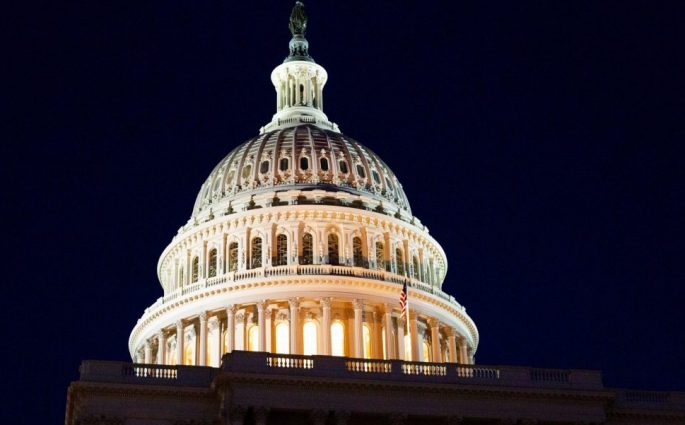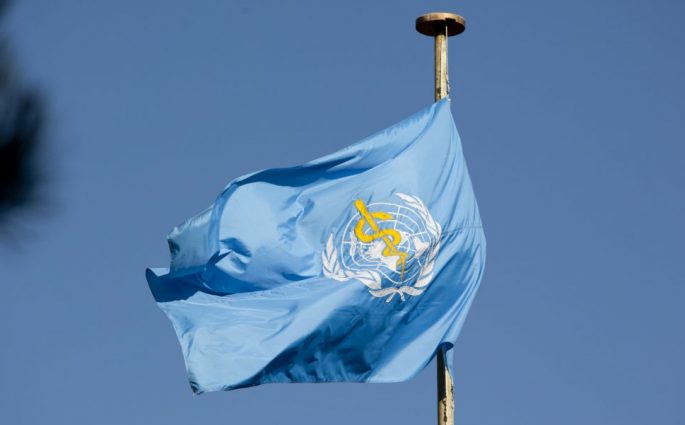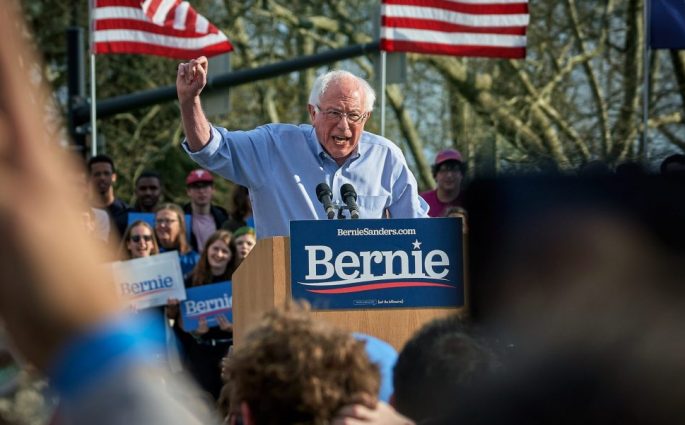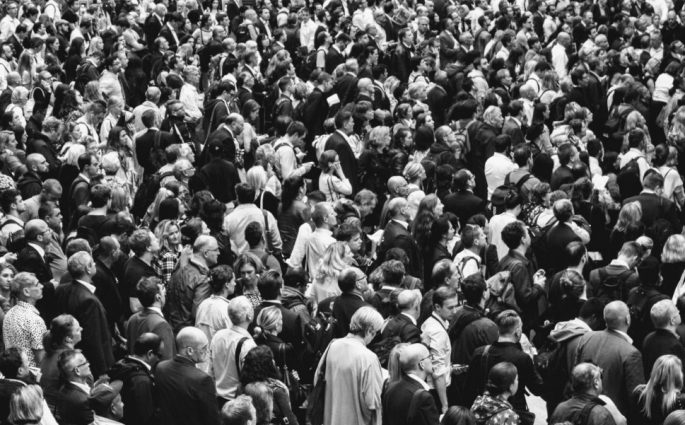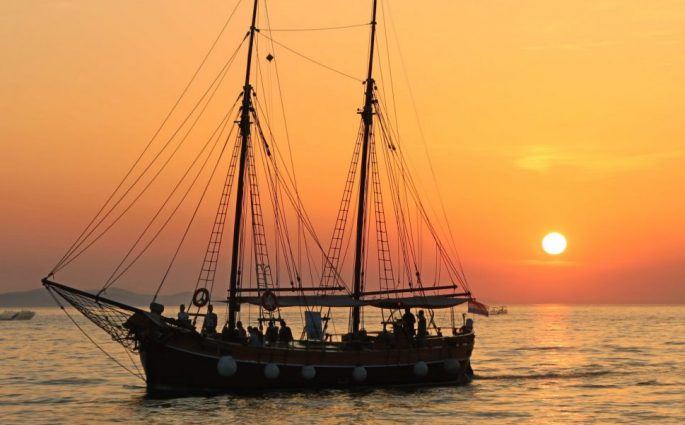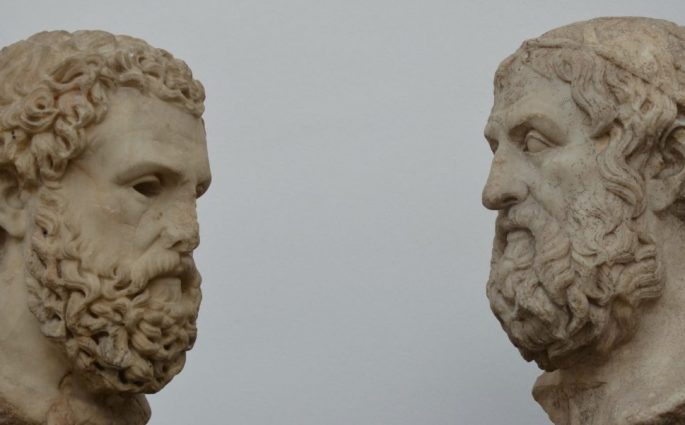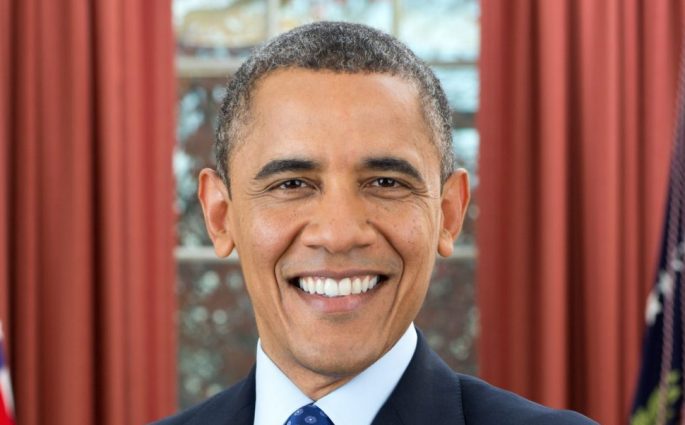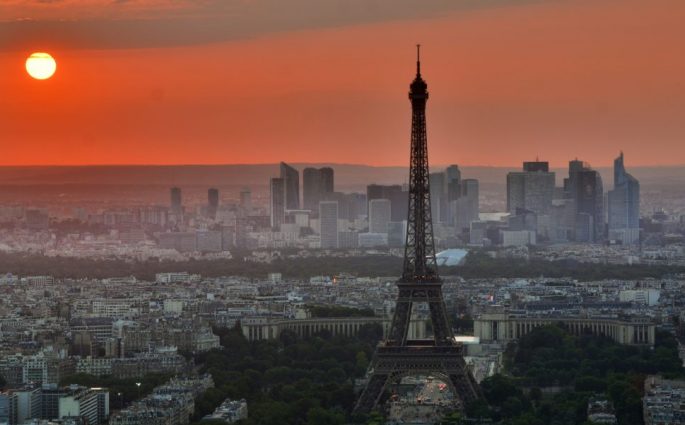The Paradox of Democratic Reforms
Frances McCall Rosenbluth and Ian Shapiro— Since the 1960s, powerful movements across the democratic world have pursued reforms meant to bring politics closer to the people. Many political parties have adopted primaries, local caucuses, and other decentralized ways of choosing candidates. Districts have been redrawn to ensure selection of racial

